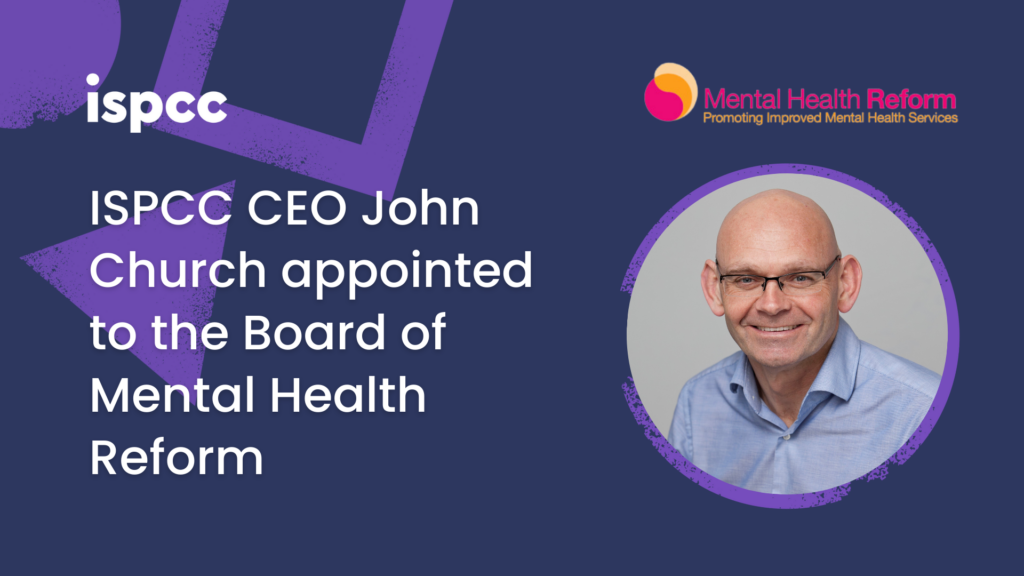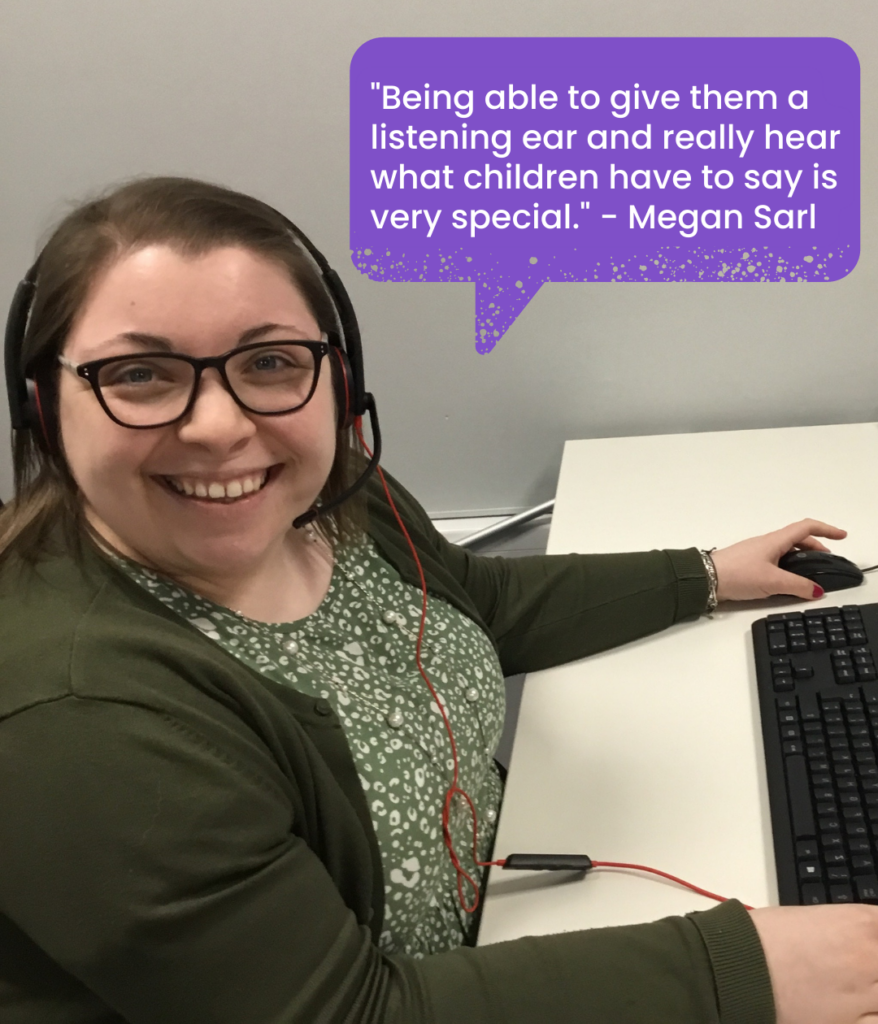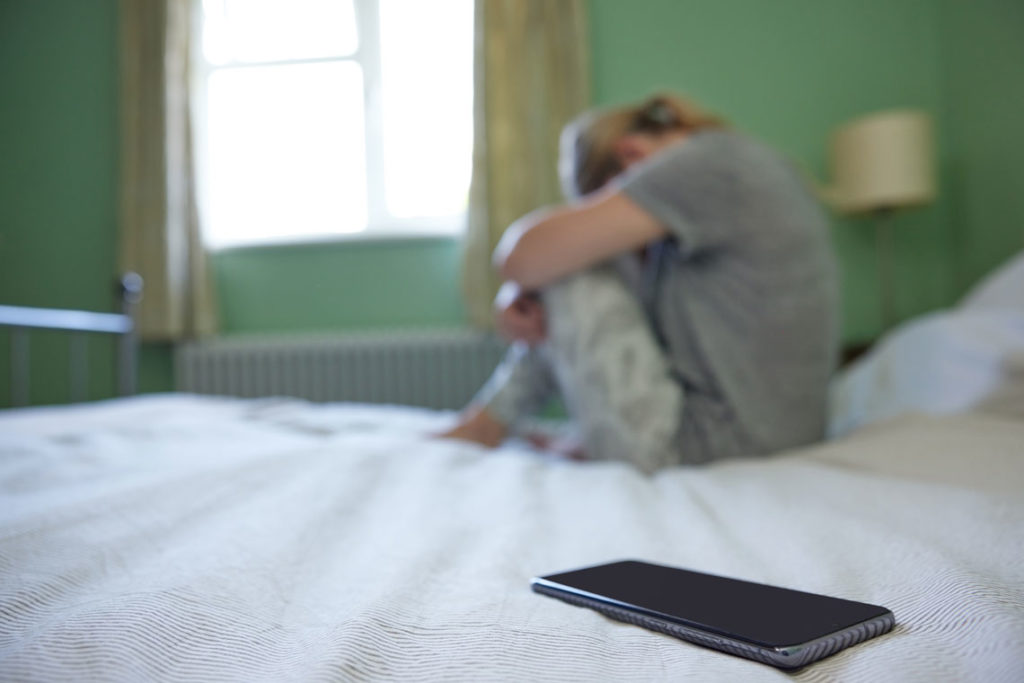
John Church, ISPCC CEO, has been appointed to the Board of Mental Health Reform (MHR) following the ratification of his nomination at today’s annual general meeting in Coleraine House, Dublin 7.
John is a leading voice for advocacy for children and young people in Ireland. The areas of online safety for children and young people coupled with their mental health and well-being have been a particular focus for John since assuming the CEO role at ISPCC in 2018.
Commenting on his appointment John said: “I am proud to join the MHR Board and I look forward to working with my fellow board members to tackle the mental health challenges currently faced by children and young people in Ireland. At ISPCC, mental health concerns are one of the primary reasons why children and young people use our services. I believe that the Government must commit to a policy of both targeted and universal investment in mental health service provision for all children and young people.
“We reiterate our call for Government to commit with haste to the implementation of the Pathfinder interdepartmental unit on youth mental health in order to align and streamline the mental health responsibilities across various government departments.”
Continued Church: “This has been a key policy ask of the ISPCC since it was first recommended in the National Youth Mental Health Task Force Report in 2017, of which ISPCC was a member. There can be no further delay if we are truly committed to providing a world class mental health service to children and young people across Ireland.”
The ISPCC is a proud and active governing member of Mental Health Reform and looks forward to working with fellow board members to deliver on MHR’s new ambitious strategic plan.






